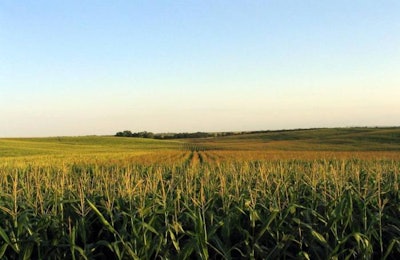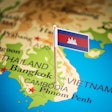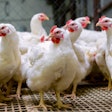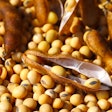
The executive president of the Brazilian Association of Animal Protein (ABPA), Francisco Turra, warned about the very bad effects withholding corn sales, along with grain imports from neighboring countries, may cause on producers of this cereal grain.
“With sales withholding, many Brazilian producers are betting on even greater increases in price. However, the bet has not considered high inventories that large producers, such as the U.S. and neighboring countries of Brazil, have maintained. The world is well supplied with corn. If the second crop (called ‘safrinha’) is consolidated with a good performance, the most likely scenario is the product oversupply in the domestic market, with a sharp drop in corn prices. This is not a desirable scenario neither for grain producers, nor for the animal protein sector, as oversupply may influence the results of the next harvest,” Turra said.
ABPA’s president points out that the corn shortage generates a reduction in poultry and swine production in Brazil.
Against this, as a way to momentarily solve the raw material shortage, some companies are importing corn from Argentina and Paraguay. In the next few days, six ships with corn from Argentina will arrive in the country to supply two companies in the sector. Another company bought 100,000 million tons of corn from Paraguayan producers. Other companies closed new purchase contracts, with delivery expected in the mid-term. There are even cases of traders who import the grain to supply the Brazilian market.
“Negotiations with the Argentines and Paraguayans are more favorable. This is a warning from the animal protein sector for those blocking corn sales: the time is right to sell. This is the time to release inventories, to not face later on a critical situation,” adds the ABPA executive.

















